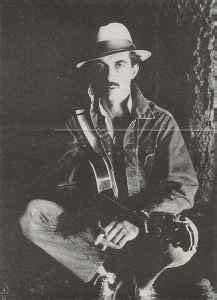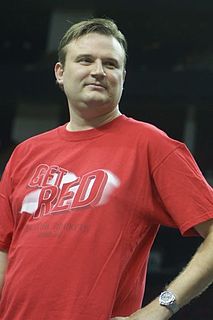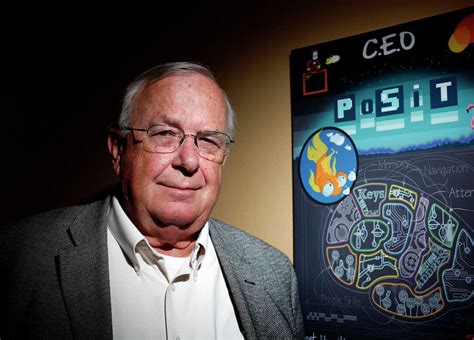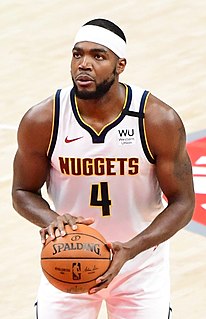A Quote by Daniel Levitin
The emerging picture from such studies is that ten thousand hours of practice is required to achieve the level of mastery associated with being a world-class expert - in anything. In study after study, of composers, basketball players, fiction writers, ice skaters, concert pianists, chess players, master criminals, and what have you, this number comes up again and again…no one has yet found a case in which true world-class expertise was accomplished in less time. It seems that it takes the brain this long to assimilate all that it needs to know to achieve true mastery.
Quote Topics
Accomplished
Achieve
After
Again
Again And Again
Anything
Assimilate
Associated
Ball Players
Basketball
Basketball Player
Being
Brain
Case
Chess
Chess Players
Class
Composers
Concert
Criminals
Emerging
Expert
Expertise
Fiction
Fiction Writer
Fiction Writers
Found
Hours
Ice
Know
Less
Less Time
Level
Long
Master
Mastery
Needs
Number
Picture
Players
Practice
Required
Seems
Studies
Study
Takes
Ten
Thousand
Time
True
Up
Which
World
World-Class
Writers
Related Quotes
Ten thousand hours is equivalent to roughly three hours a day, or 20 hours a week, of practice over 10 years... No one has yet found a case in which true world-class expertise was accomplished in less time. It seems that it takes the brain this long to assimilate all that it needs to know to achieve true mastery.
In order to be a world-class expert in anything, be it audiology, drama, music, art, gymnastics, whatever, one needs to have a minimum of 10,000 hours of practice. Unfortunately, it doesn't mean that if you put in 10,000 hours that you will become an expert, but there aren't any cases where someone has achieved world-class mastery without it! So the time spent at the activity is indeed the most important and influential factor.
To become a chess grandmaster also seems to take about ten years. (Only the legendary Bobby Fisher got to that elite level in less than that amount of time: it took him nine years.) And what's ten years? Well, it's roughly how long it takes to put in ten thousand hours of hard practice. Ten thousand hours is the magic number of greatness.
You have different levels of players. There's are Premier League, international and world-class levels. The world-class level is players at the peak of their career and there's only maybe 50 maximum in the whole world. Stevie moved from a Premier League player to an international player and then world class.
There is a fluency and an ease with which true mastery and expertise always expresses itself, whether it be in writing, whether it be in a mathematical proof, whether it be in a dance that you see on stage, really in every domain. But I think the question is, you know, where does that fluency and mastery come from?
The price that must be paid for mastery is discipline. No one achieves lasting success without it. So from the moment you awake each day, devote yourself to the perfection of whatever you pursue. Do this and you will achieve self-mastery. Achieve self-mastery and you will have the makings of a great leader... Discipline is all about cultivating powerful habits that become part of your lifestyle.
I have a philosophy that white people would be interested in Native Americans because, first of all, it's probably the only group as a country we all study and know the history and then never study again past the age of 10. So I think we have these things we believe are true, that are just not true about what an audience wants.
Even without comparing ourselves to the world's greatest, we set such high standards for ourselves that neither we nor anyone else could ever meet them-and nothing is more destructive to creativity than this. We fail to realize that mastery is not about perfection. It's about a process, a journey. The master is the one who stays on the path day after day, year after year. The master is the one who is willing to try, and fail, and try again, for as long as he or she lives.


































